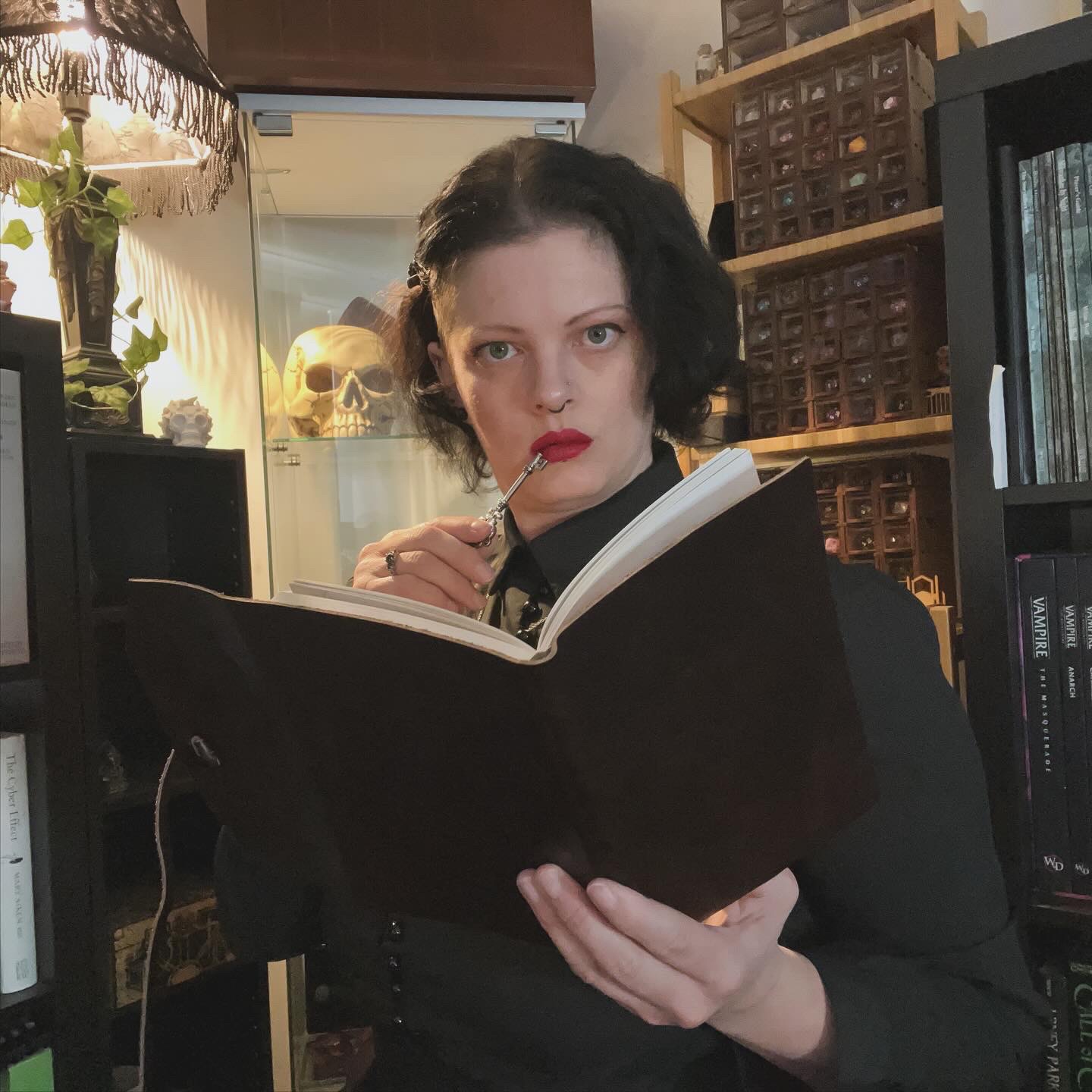Welcome to NephthysNile.
This is me.
I am a writer of rants, a player/actor in a number of tabletop roleplay game (TTRPG) actual plays, a creator of one shot games, blogger of conferences and conventions, an avid fan of the Internet and general loud mouth in a sea of apathy.
I am the lead admin of Dungeons & Dragons Australia, Australia’s largest and friendliest D&D fan group online. I’m the current Vice-President of the Australian Roleplay Community, a group seeking to elevate visibility of and hold space for diverse indie TTRPG voices and industry members.
I’ve worked with a number of groups to produce amazing projects like the winner of the 2023 ARPIA award for best TTRPG stream, Red Centre by Night, and the international Horror TTRPG collective, Ichor & Ink.
I have written, storytold and recorded a number of Vampire the Masquerade one shots, all set in Australia, as a way of adding to the lore of my homeland.
You might have seen me at events like Conquest, Melbourne International Games Week and PaxAus, running one shots of Dungeons & Dragons or Vampire the Masquerade. Or you might have seen me in such productions as Radiant Shadows or It Fell Out Back for Meeples & Dragons, a Mothership campaign for Vox in Vacio, or William Bailey’s Haunted Mansion for The Lorewrights.
I am available for one (or three) shots by distance, interviews about TTRPGs, and am open to discussions about how I can help your TTRPG project, be it as a player or storyteller or behind the scenes, come to life off the page.